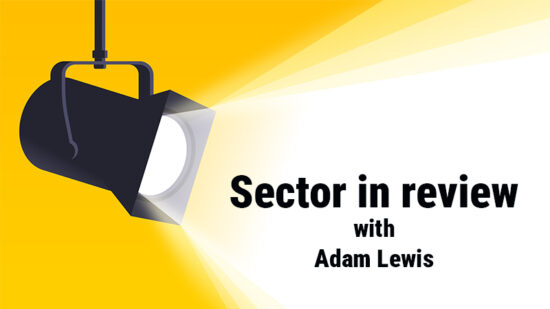Head of fund selection at Italian savings bank BCC Risparmio & Previdenza, David Karni, says the likely scenario of a hung parliament, where no party or coalition can achieve a majority, would calm the market and be good for the economy – and is likely to drive fund selectors towards the local equity market over the fixed income sector.
It would certainly be better than a big win for Luigi di Maio, the designated candidate for the populist Five Star party (M5S), which is widely seen as the worst-case scenario for equity markets, Italian bonds, and the single currency.
Karni says that if the centre right gained around 40% of the vote, as current polls predict, it could create volatility, but he notes that the market is not focused on the election because of the “more interesting volatility in the general market”.
Volatility feared
Franklin Templeton’s head of European fixed income, David Zahn, says an unexpected election result could provoke an outsized market reaction. He says it would most likely be the coalition of centre-right parties that could win most seats.
This coalition includes former Prime Minister Silvio Berlusconi’s Forza Italia party that has called for increased spending and a larger Italian budget.
“It currently looks unlikely to reach enough seats to win an absolute majority, but if it did creep over the line, that outcome could have negative repercussions on Italian debt,” Zahn says.
“The country’s central bank would likely be issuing more government bonds (BTPs) at a time when one of the biggest buyers, the European Central Bank (ECB), is scaling back its purchases of government debt.”
For NN Investment Partners senior economist for macro and strategy, Willem Verhagen, the main area of contention is the outlook for fiscal policy.
“Many parties want more room for fiscal easing, which may well bring them into conflict with the European Commission and the core eurozone countries. Nevertheless, we can imagine a compromise involving a trade-off between more fiscal flexibility and improved structural reform efforts,” Verhagen says.
Where to invest
Karni says there is more opportunity for investments in the Italian equity market but not from the fixed income side.
“Last week we cut our overweight to Italian BTPs that we’ve had since 2011 and have gone back to neutrality. On the fixed income side, it is not the right time to buy as we have to wait for more interesting yields,” he says.
“The equity market is interesting because the PIR (tax-exempt individual savings plan) effect has not finished, and it was the great surprise of 2017, and this can push the market or sustain the market, and we believe Europe is in sweet spot to stay in the equity market.”
Last year, the Italian government introduced the PIR programme to grow medium sized Italian companies. The funds (70% invested in Italian companies and 21% in small and mid cap Italian companies) created from this programme allow investors to be tax exempt from capital gains if they remain invested for five years.
Capital Group economist, Robert Lind, says while the Italian stock market has gained significantly over the past year, this could leave it vulnerable to any rise in eurozone or global interest rates, a slowdown in growth, or worries about the direction of economic policy under a new government.
Karni says he had put more weight on small cap Japanese funds and bought more US equities as they were previously underweight and could profit from the downturn.
The rest of 2018
Karni notes that he expected volatility before the summer because he believes the central banks would make unexpected decisions.
“The ECB and the Fed are both on subtle equilibrium and both can change their ideas and speeches and so the market might react with just a little bit of noise. So, investors need to be more tactical this year,” he says.
“The run up to June could be really interesting and we could change some ideas to be more defensive because right now we’re very pro-risk and we’re overweight equities where we can.”








